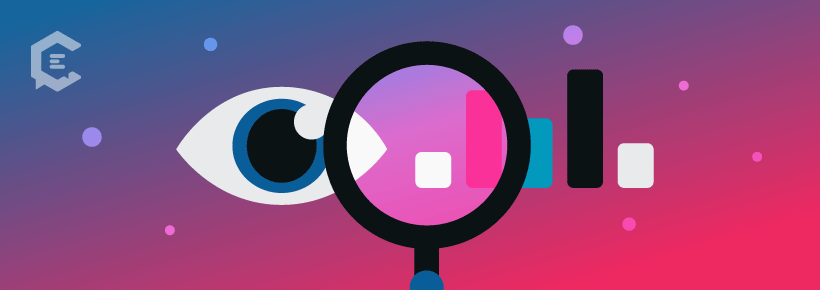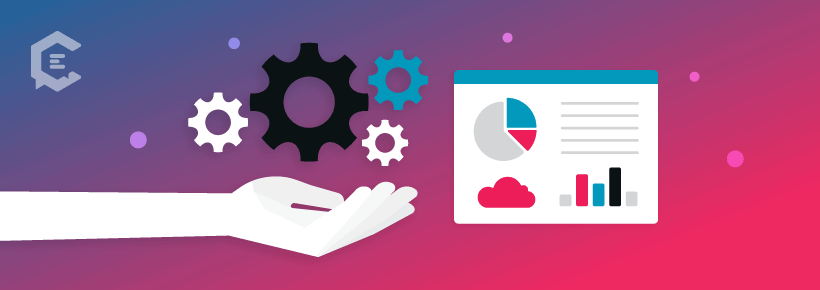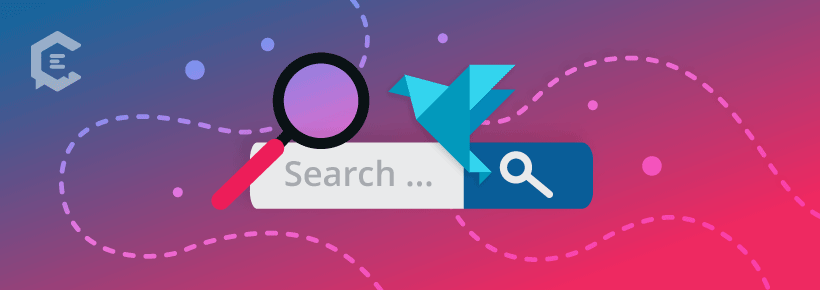In this series, we examine how Umberto Eco’s book, ‘How to Write a Thesis,’ can be used to help writers improve their focus, research smarter and get any writing project done faster. In part one, we delve into the bane of any writer’s existence: research.
Umberto Eco, an Italian novelist, literary critic, philosopher, semiotician and university professor, has a newly English-translated book: ‘How to Write a Thesis’. The book provides a wealth of information on how to be smart when gathering research for any project.
For one, Eco admonishes writers to sustain a careful, curious engagement with the world.
Whether you are writing a long-form article, ebook or white paper, Eco encourages you to write in the spirit of joining a free-flowing democratic conversation.
Your mindset should be as if you are delving into conversations across time and space to stand among the ancients, like Plato or Aristotle; to converse across age and hierarchy and emerge as an independent thinker.
Essentially, writing is more than the pursuit of knowledge for its own sake, but an investment with uncertain returns, where the continuous process results in self-realization.
Learn techniques to keep your writer’s mojo flowing freely and awaken the mind to new ways of seeing when all of it seems stale.
Get shrewd about your research
At the start of a project or writing assignment, writers often cut and paste links to articles, webpages and stories — and then immediately find themselves in information overload.
The momentum of doing research and compiling information gives the false impression that writers are doing the work of writing, but we don’t really “own” the material if we neglect to read it. Anxious writers bury their own story under piles of research by other writers.
Eco advises writers: “If you think about it, specificity is also an act of shrewdness. The more you narrow the field, the better and more safely you will work.”
How can shrewdness help you be more efficient with your time and sharpen your search to find what is relevant?
Don’t always trust the algorithm
While we spend time hoarding articles on the internet, don’t always rely on Google’s search engines to identify the most relevant articles and serve them up on a silver platter.
No doubt an algorithm has decided an article’s relevance to a search based on keywords and frequencies of those words in your search.
For example, a search with the words: “greatest black baseball players in history” will offer several lists, such as the ‘top 10 First African American Players in Major League Baseball,’ but it may not be a definitive list of the best, but rather the most well-known to American baseball. What about players from other countries? What about who was the first black player in the major leagues? (Hint: It wasn’t Jackie Robinson.)
When researching for an article, interview or anything else, choosing to select only Googles’ top-tiered search results can mislead you. This mistake may limit the frame of your story or article.
Some tips:
- Skim it: Quickly skim through the information with a keen eye for what you want and only grab the most relevant quotes or lines.
- Save smart: Keep 10-15 short, salient quotes or pieces of information on a Word Doc as a bibliography (pasting the link to the webpage next to the sentence, so you can go back to the full article later — if indeed this particular article offers a lot of good information).
Limit your chosen sources to what you can “own” before continuing your search
The first line of defense for not overloading yourself with useless information is to read articles before you cut and paste them to a list of endless resources.
Get the gist of whether the article actually speaks to the topic you are investigating.
Here’s how:
- Read what you collect as you collect it. Don’t add more links or articles to your doc until you’ve read what you’ve accumulated within a few hours of web surfing.
- Mark or highlight relevant information as you go. This will help you identify the different angles and perspectives that each article offers. Each piece of information must add something to a central idea, say something different or be a periphery subject that can be looped back into your main topic.
- As you accumulate resources, categorize them. Put them into one of two categories: direct sources or secondary sources. A direct source will be words written by an author or something they said on video in their native tongue. This direct source could be something you use to quote in your article or story. A secondary source can be commentary about that author or perspectives from other writers about what the original thinker wrote or said. As you read through all the information, it will help you determine where you stand in a crowd of different voices.
At the heart of all searches, the critical thinking you’ll put into developing your own ideas will be what matters most. So selecting information that supports your own bias won’t necessarily be the best way to collect information.
When researching, you need to find voices, commentary and information that also contrasts, refutes or suggests nuances to the topic you are investigating, so you can cast a wide net on your topic without dragging in a dead whale.






